Whether you’re a brand-new pet owner or a long-time animal lover, one thing is certain: unexpected vet bills are no joke. A sudden illness, injury, or emergency surgery can cost hundreds—or even thousands—of dollars.
That’s why many pet parents consider pet insurance. But how much does it really cost, what does it actually cover, and most importantly… is it worth it?
Let’s break it all down.
How Much Does Pet Insurance Really Cost?
The cost of pet insurance depends on a few key factors:
-
-
Species – Cats are usually cheaper to insure than dogs
-
Breed – Some breeds are more prone to illness or injury
-
Age – The older the pet, the higher the premium
-
Location – Vet costs vary by region
-
Coverage Type – Basic accident coverage is cheaper than full wellness plans
-
On average, you can expect to pay:
-
-
Dogs: $30–$70/month
-
Cats: $15–$40/month
-
You can use a free quote tool like TheSwiftest.com to instantly compare prices across multiple companies. Or, if you’re looking for a quick and affordable option, check out my #1 recommendation, Lemonade Pet Insurance.
What Does Pet Insurance Cover?
Most pet insurance plans cover:
-
-
-
Accidents and injuries
-
Illnesses (like infections, cancer, and diabetes)
-
Emergency care and surgeries
-
Diagnostic tests and imaging (like X-rays and MRIs)
-
Prescription medications
-
-
Some providers also offer add-on wellness plans that help cover:
-
-
-
-
Vaccines
-
Flea/tick/heartworm meds
-
Annual exams
-
-
-
Most policies do not cover:
-
-
- Pre-existing conditions
- Elective procedures
- Cosmetic surgeries
- Breeding or pregnancy-related care
-
Feel free to request my free printable list of 12 questions you’ll want to ask before you decide on a pet insurance policy:
Pet Insurance vs Out-of-Pocket Costs
Let’s look at real examples of what vet care can cost without insurance:
| Condition | Average Cost |
|---|---|
| Emergency vet visit | $800–$1,500 |
| Foreign object surgery | $1,500–$3,000 |
| Cancer treatment | $2,000–$10,000 |
| Torn ACL (TPLO surgery) | $2,500–$5,000 |
These are just a handful of examples of (expensive!) things that can happen. I’ve personally experienced more than one emergency vet visit.
One of those was for my Miniature Dachshund, Taz. She slipped on some ice in the back yard and, even though she was ok and only needed x-rays, muscle relaxers and pain medication, the ordeal cost me over $1,000! That’s her in the picture resting after the fall.
I also had a Boston Terrier named Cagney who tore his ACL. Here’s Cagney – if you look close you can see his favorite Monkey toy in the bed with him LOL!
Are You Prepared to Handle an Expensive Medical Emergency for Your Pet?
The sad truth is, without insurance, many pet owners are forced to go into debt—or worse, make heartbreaking decisions. If you’re not sure if insurance is the best route for you, consider the cost of doing nothing.
When Is Pet Insurance Worth It?
Pet insurance is especially worth it if:
-
-
You’re adopting a puppy or kitten
-
Your pet is young and healthy (get covered before issues happen and are labeled “pre-existing conditions”)
-
You own a breed with known health risks
-
Your pet is active, adventurous, or prone to accidents
-
You don’t have a large emergency fund or can’t afford to put a big vet bill on a credit card
-
You want peace of mind that you can always afford care
-
 When Pet Insurance Might Not Be Worth It
When Pet Insurance Might Not Be Worth It
It’s true that pet insurance really does not make sense for some people. If you’re torn on whether that’s you, consider these points. You may want to skip insurance if:
-
-
-
Your pet has multiple pre-existing conditions (that wouldn’t likely be covered anyway)
-
Your pet is very old and premiums are sky-high
-
You have enough in savings to cover emergencies yourself
-
You prefer a pay-as-you-go plan with low monthly commitment
-
-
If your finances are basically pretty secure, you might, for example, consider getting a credit card like Care Credit. They cover medical expenses, for people and for animals, and they’ll often have terms in place for delaying interest charges if the balance is paid within a certain time period. I’m not affiliated with them, but I definitely recommend checking it out at CareCredit.com.
That said, some coverage is better than none, and many plans cover big-ticket items that savings accounts can’t always handle.
How to Choose the Right Pet Insurance
Not all pet insurance is created equal. But for many pet owners, researching the million-and-one different policies available, comparing coverage, costs, fine print…can be challenging to say the least. Downright daunting, in my opinion!
Here are some tools to make things easier for you.
1. Compare Plans with TheSwiftest.com
Use their free quote engine to see prices, coverage options, and rankings from all the top providers. They’ve already done all the work, and their website lays it all out in very easy-to-understand terms.
2. Get a Quote from Lemonade Pet Insurance
Lemonade offers basic plans starting at $10 per month, with an easy sign-up process. You can read my full review of Lemonade Pet Insurance here, or click here to get a free quote:
Bonus: Free Guide – 12 Questions to Ask Before Buying Pet Insurance
Still not sure? Get my free guide, “12 Questions to Ask Before Buying Pet Insurance” — a simple checklist that helps you make the smartest decision for your pet and your wallet.
Final Verdict: Is Pet Insurance Worth It?
Pet insurance won’t be the perfect solution for every pet owner. But if your goal is to avoid surprise expenses, ensure your pet always gets the care they need, and give yourself peace of mind — it’s absolutely worth considering.
Related Posts:
Is Pet Insurance Worth It for Dogs? (includes video: watch it here)
Is Pet Insurance Worth It for Cats? (includes video: watch it here)
Health Insurance for Pets: Everything I Wish I Had Known! (includes video: watch it here)
Help With Vet Bills: Ways to Pay for What Your Pet Needs: (watch video below!)
watch my video: help with vet bills
I Donate to Animal Charities
Thank you for visiting People Loving Animals! I hope this post helped you decide whether you’d like to get pet insurance and how to get it at an affordable price with a policy that makes sense for you and your pet.
You should know I receive a small commission when you use some of the links on my site to make a purchase, at no extra cost to you. I donate 10% of my profits to the animal charities listed here. If you like my website, will you please share it with your friends and family who have pets? I’d appreciate it so much (as will their pets!) Debra
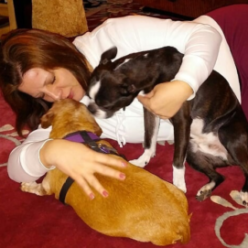







 When Pet Insurance Might Not Be Worth It
When Pet Insurance Might Not Be Worth It


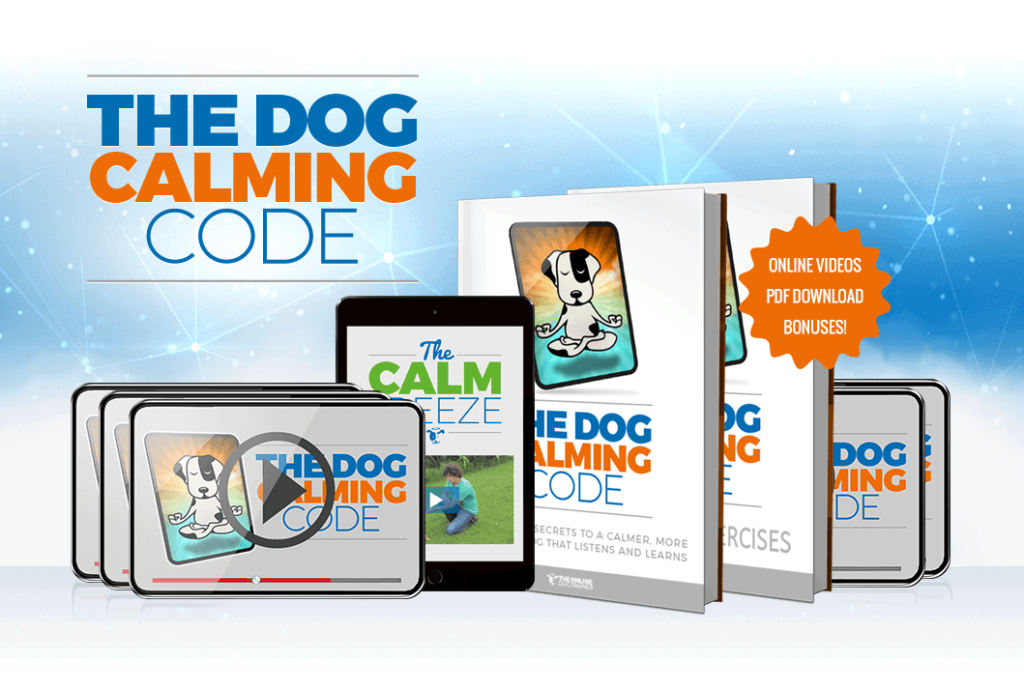

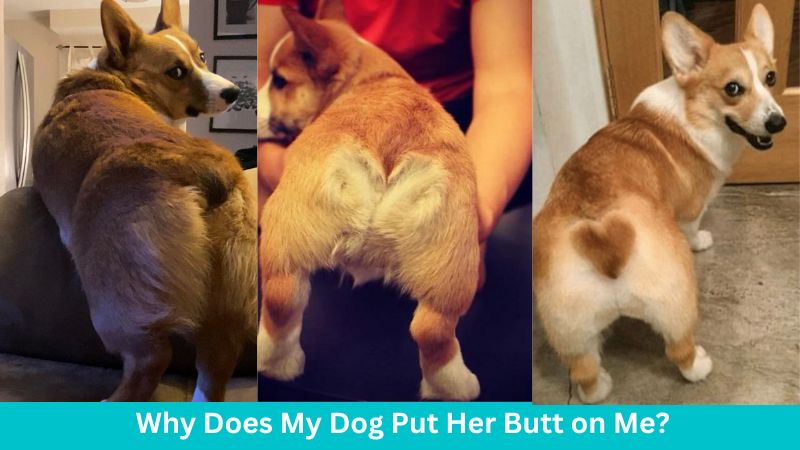
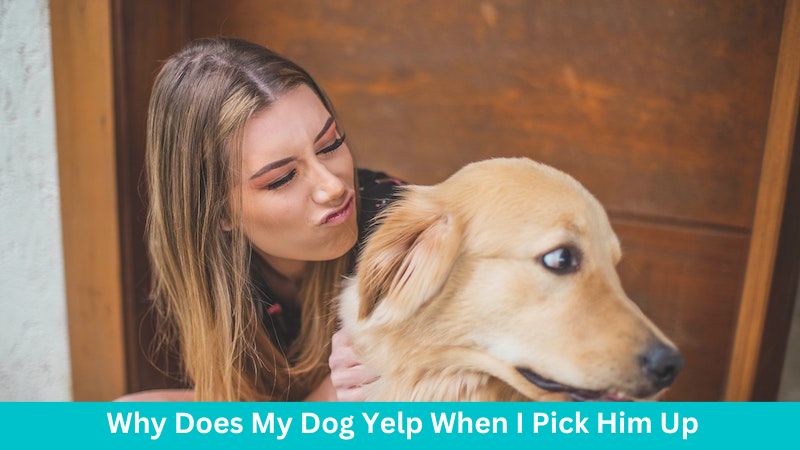
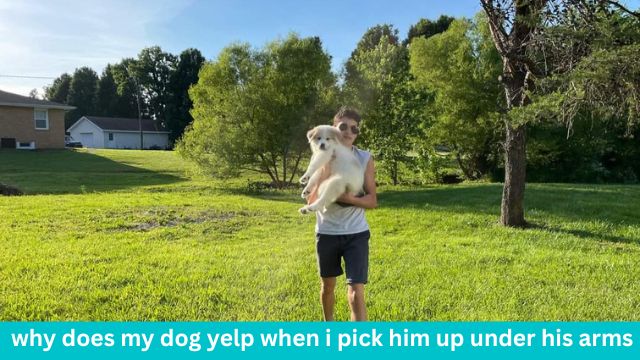
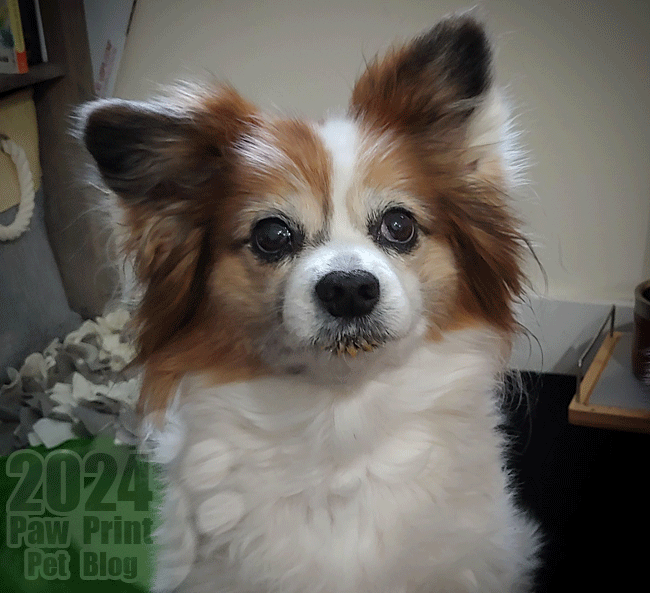
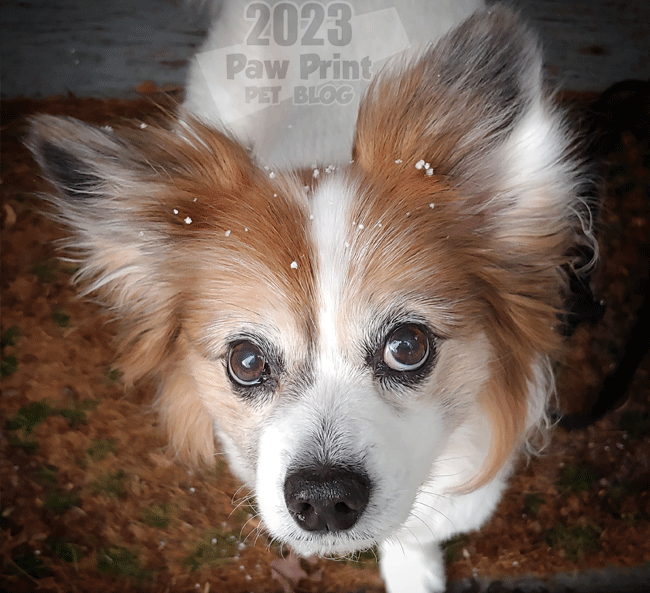
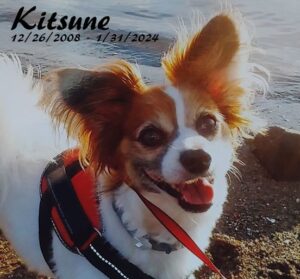 This is a dog blog after all. In January of this year (2024)
This is a dog blog after all. In January of this year (2024) 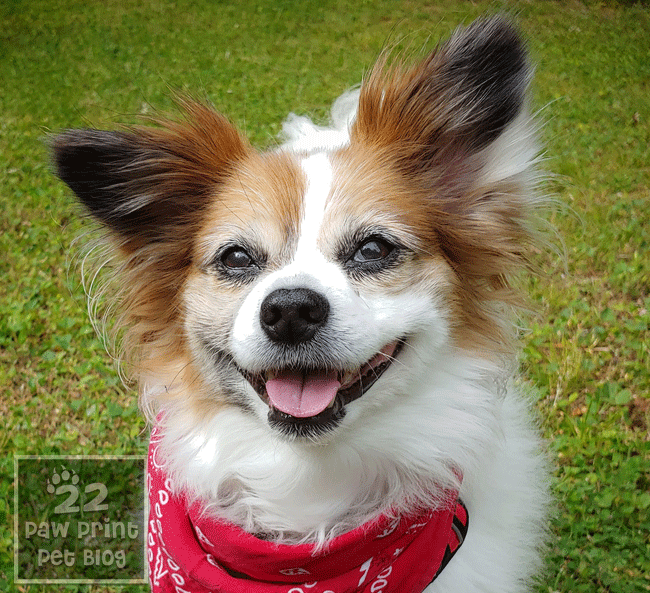
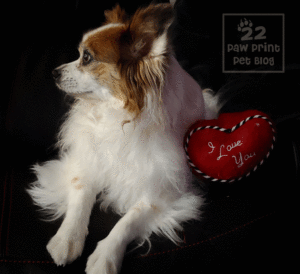 I feel like really appreciating the time I spent with Kit, and spoiling him so much, in a small way did help me deal with his death. I knew when he died that we had given him a good life. That I didn’t take him for granted and that, other than not finding out about his cancer sooner, I didn’t have any major regrets when it came to how I cared for Kit, especially in his senior years.
I feel like really appreciating the time I spent with Kit, and spoiling him so much, in a small way did help me deal with his death. I knew when he died that we had given him a good life. That I didn’t take him for granted and that, other than not finding out about his cancer sooner, I didn’t have any major regrets when it came to how I cared for Kit, especially in his senior years.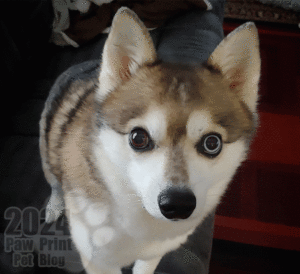 In my last post
In my last post